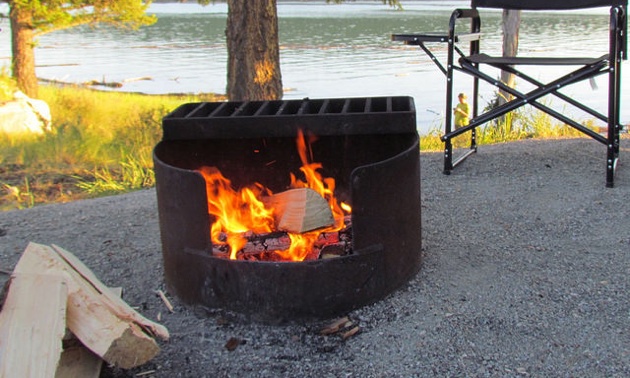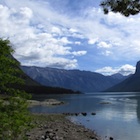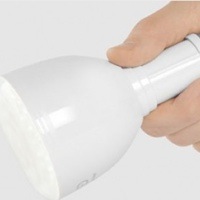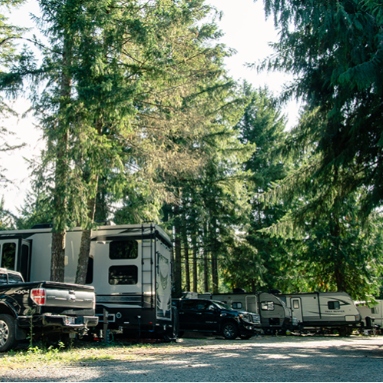Summer might be over, but there is still a campfire risk

For some campers, Labour Day weekend is the final camping experience of the season, but many others continue to use our parks and forests well into the fall.
The Camping and RVing BC Coalition (CRVBCC) is reminding everyone that more people in the outdoors puts our forests at greater risk for human-caused wildfires.
According to the Wildfire Management Branch, there are currently over 162 wildfires raging throughout British Columbia. Thankfully, human-caused fires are on the decline; however, any human-caused fire is too many.
The CRVBCC is urging everyone to be fire smart.
Friendly Fire Smart Tips:
- Check your campground region for fire bans by visiting http://bcwildfire.ca/hprScripts/WildfireNews/Bans.asp.
- Never leave any campfire unattended.
- Extinguish your campfire by allowing the wood to burn completely to ash, if possible. Pour lots of water on the fire, drowning ALL embers, not just the red ones until the hissing stops. Then stir the campfire ashes and embers using something that's not flammable, like an axe or shovel. If there are any sticks or logs left, scrape them to remove any embers. Make sure everything is wet and cold to the touch. Use dirt if there is no water. Mix enough dirt or sand with the embers. Continue adding and stirring until all material is cool. Remember: do NOT bury the fire as the fire will continue to smoulder and roots under the ground surface can ignite and start a wildfire.
- Do not have a campfire if it is windy as the sparks could ignite a fire.
- Fires should be built away from flammable items, such as tents, overhanging trees, camp chairs and awnings.
- The use of flammable fluids to start a fire is prohibited.
- Keep the fire small and controlled. Larger fires can grow out of control quickly and are harder to extinguish.
- Limit burning hours. This helps to conserve firewood, improve air quality and reduce risk of forest fires.
- Please use common sense and do not discard smoking materials from vehicles — use interior ashtrays.
- Avoid any action that will cause a spark, such as metal scraping on metal or a rock.
- ATV's produce a massive amount of heat and can ignite fires in the brush with their exhaust systems; use these with extreme caution.
- To report a forest or unattended fire in British Columbia, call *5555 on your mobile phone or toll free 1-800-663-5555. This is a free province-wide emergency number.
For more information visit http://www.campingrvbc.com/camping-tips/campfires/.








